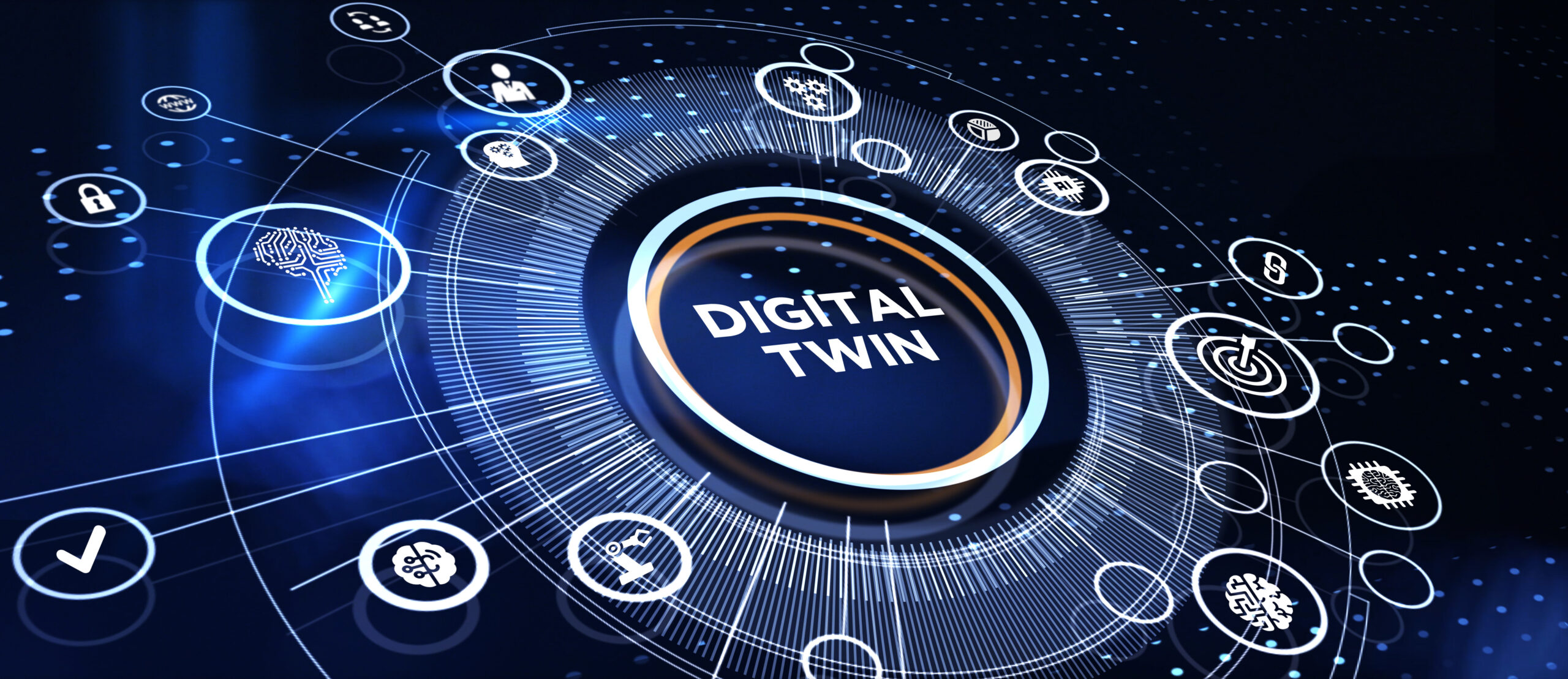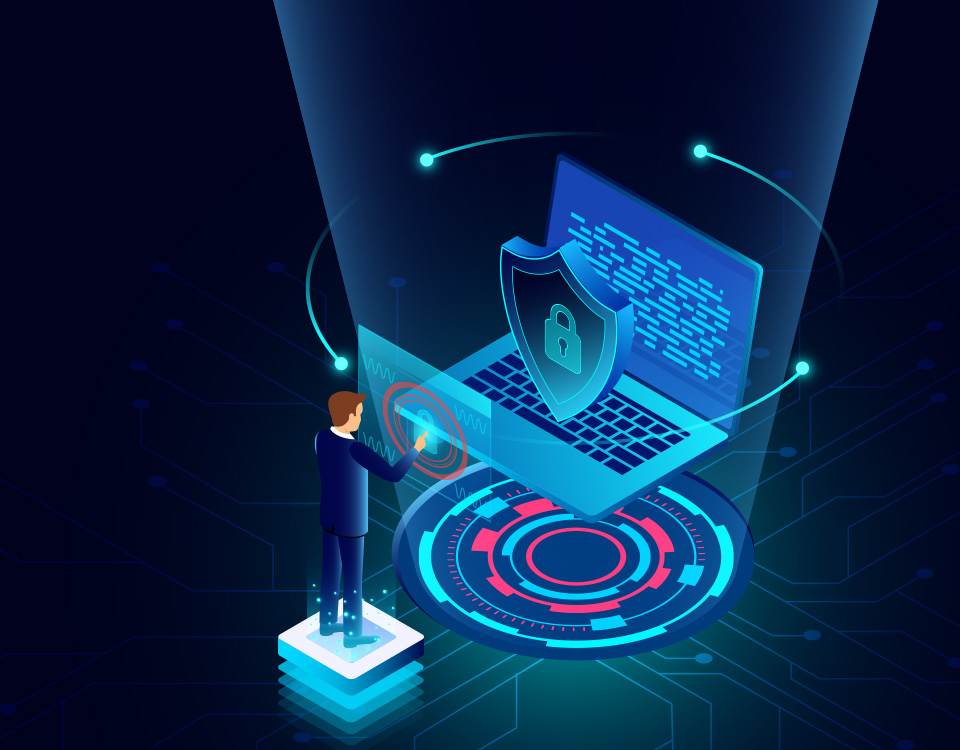In today’s digital world, every business—big or small—faces cyber risks: viruses, hacker attacks, data theft, or sudden failures. To safeguard information and operations, three essential tools form the core pillars of cybersecurity: firewalls, antivirus software, and backup systems. Understanding and using them correctly is crucial for working securely.1. Firewall: The “Wall” That Protects Your Network
Picture a firewall as a digital gatekeeper that monitors all incoming and outgoing network traffic. Its job is to block unauthorized access, prevent intrusions, and filter out harmful traffic.What does a firewall do?
- Analyzes data passing through the network.
- Allows only authorized communications (e.g., access to a secure website or company server).
- Blocks suspicious connections or those from dangerous sources.
- Can be physical (hardware) or virtual (software).
Why is it important?
Without a firewall, your company’s network is directly exposed to the internet, making it easier for malicious actors to gain access. It’s the first line of defense against external attacks.2. Antivirus: The Internal Defense Against Malware
An antivirus is a program that detects, blocks, and removes viruses and malware (malicious software) from company devices. It’s critical for protecting computers from:
- Computer viruses
- Trojans
- Ransomware (which locks files until a ransom is paid)
- Spyware (which steals information)
- Phishing and infected files
How does it work?
An antivirus constantly monitors the system and compares files to a database of known threats. The best modern antivirus programs also use artificial intelligence and behavioral analysis to detect new or unknown threats.Why is it essential?
A single wrong click on an email can compromise an entire company system. An antivirus is the active defense on devices, protecting data, programs, and daily operations.3. Backup: The Lifeline for Failures or Attacks
A backup is a secure copy of your company’s data. In case of hardware failure, accidental deletion, or a ransomware attack, having an up-to-date copy allows you to recover information and resume work without losing everything.Types of backups:
- Local: On hard drives, NAS, or company servers.
- Cloud: On remote servers accessible via the internet.
- Hybrid: A combination of both.
Best practices:
- Perform automatic and regular backups.
- Store copies in secure, separate locations.
- Periodically test data restoration.
- Encrypt backups to protect them from unauthorized access.
Why is it vital?
Even with a firewall and antivirus, zero risk doesn’t exist. A backup is your insurance against the unexpected: if something goes wrong, you can always start again.Strength in Unity
Firewalls, antivirus software, and backups are complementary. No single tool can provide complete protection on its own. Together, they form a robust, multi-layered cybersecurity strategy that defends your business on multiple fronts:
- The firewall protects the network.
- The antivirus defends the devices.
- The backup ensures operational continuity.
Conclusion
Cybersecurity isn’t just a technical issue—it’s a strategic priority for every business. Understanding, even in simple terms, how these key defense tools work is the first step to protecting your work, your clients, and your future. Partnering with experts like EPA System allows you to implement tailored, up-to-date, and truly effective solutions. Digital protection starts with knowledge… and the right choices.







